It's only January and 2020 already seems like an eventful year, what with tensions between the U.S. and Iran, the ongoing battle between the Democratic House and GOP Senate over impeachment, and the ramping up of the political cycles leading to the presidential election in the fall.
As the year begins to unfold, the Boston College Chronicle reached out to faculty members to get their views on what 2020 may bring, and their thoughts on trends and developments that bear watching.
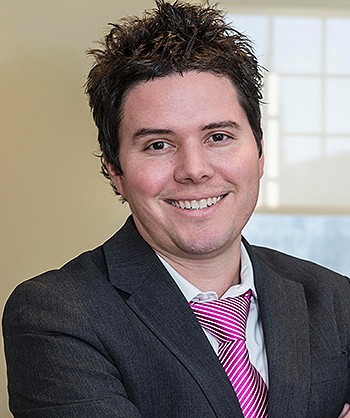
Michael Serazio
Michael Serazio
Associate Professor of Communication
Morrissey College of Arts and Sciences
"In the mid-1990s, a New Yorker cartoon famously featured a computer-savvy canine explaining that, 'On the Internet, nobody knows you’re a dog.' In the decades since, the truth of that adage has ebbed and flowed, but 2020 feels like a particular inflection point for the circulation of disinformation. The presidential election will obviously put this challenge at center stage, but it’s personal as well as political: Broadly, we’re grappling with issues of truth and inauthenticity online—from our own social media accounts to the president’s. The big tech companies will continue to face anxiety and scrutiny about their power, but the slow-motion decimation of the American news industry is arguably as consequential for the nefarious fate of 'fake news' in 2020.
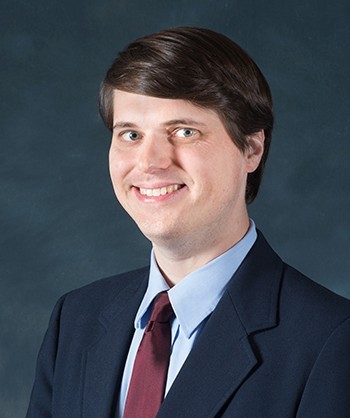
David Hopkins
David Hopkins
Associate Professor of Political Science
Morrissey College of Arts and Sciences
"Every presidential election since 2000 has been very close (except one held in the midst of a serious recession), and it’s likely that this trend will continue in 2020. Most citizens have strong partisan loyalties that have withstood even the dramatic political events of the last several years. But the two parties are so closely matched that any further development influencing the few remaining swing voters—from the Democrats’ choice of nominee to the state of the economy to an unexpected crisis or scandal—could easily tip the balance of power. So while individual Americans remain securely predictable in their preferences, it’s quite unclear what direction America as a whole will take."
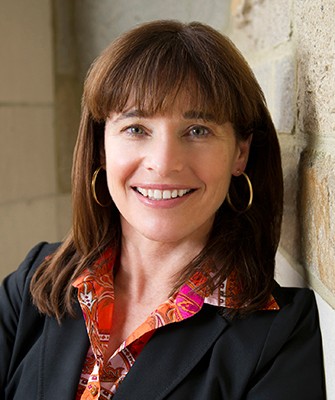
Judith Clair
Judith Clair
Associate Professor of Management and Organization
Carroll School of Management
"The world has never been a simple, binary place, and our culture is finally beginning to reflect this. People increasingly acknowledge, openly, that their identities don’t fit in with existing conceptions of gender, race, ethnicity, and other identities. The language we use to describe ourselves has evolved to reflect the nuances and complexities of being human: for example, 'he' and 'she' are no longer the only acceptable pronouns. Generation Z is at the cusp of pushing for these changes, and they are just entering the workforce; workplaces will need to catch up, as a failure to do so can affect motivation, engagement, performance, and overall satisfaction of not just employees who don’t conform to traditional categories, but any employee: More and more people will expect their workplaces to be inclusive of self-fashioned identities. I’ve been working with some colleagues to study how organizations can remedy this situation, like auditing existing systems and designing categorization systems from the bottom up. It bears watching whether 2020 will see progress in this area."
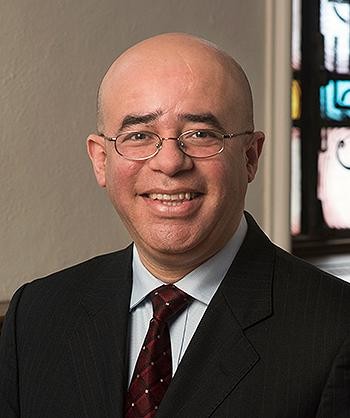
Hosffman Ospino
Hosffman Ospino
Associate Professor of Hispanic Ministry and Religious Education
Boston College School of Theology and Ministry
"This year marks the beginning of another decade challenging U.S. Catholics to embrace new ways of being in church and society. The government will administer the census, and while it does not ask about religious affiliation, the data collected will confirm the massive geographical and demographic shifts redefining Catholicism in this country. You want to know what awaits U.S. Catholicism in the near future? Gaze south! The year also begins with the first Latino Catholic bishop in history as president of the U.S. Conference of Catholic Bishops. He has a chance to steer important conversations to address the needs and hopes of a new and more diverse generation of Catholics. The U.S. has never had a Latino or black cardinal. Long overdue. This could easily change in 2020, with the appointment of Latino, black, and Asian bishops to major posts in the country that are vacant or soon will be. Such changes may trigger an exciting decade for U.S. Catholicism, accompanied by fresher ways to exercise leadership, train leaders for a new church, and advance theological and ministerial scholarship that looks forward, not backwards."
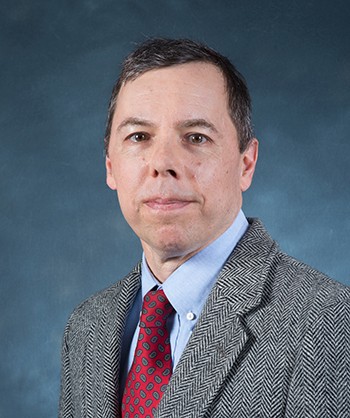
Peter Ireland
Murray and Monti Professor of Economics Peter Ireland
Morrissey College of Arts and Sciences
"Last year’s economic story was a 'tale of two cities.' Consumer spending remained strong, but business investment was held back by uncertainties over trade policies and global growth. I’m expecting the US economy to re-accelerate in 2020, with investment bouncing back as business headwinds subside. But I’ll be watching carefully, too, for warning signs—like a significant slowdown in new hiring—that we’d see, instead, if weakness in manufacturing starts spreading to the economy as a whole. A lot is at stake here: Finally, wages are rising for many who were left behind during the financial crisis of 2008 and the slow recovery that followed. More than anything else, I want to keep seeing the kind of economic growth that benefits all Americans."
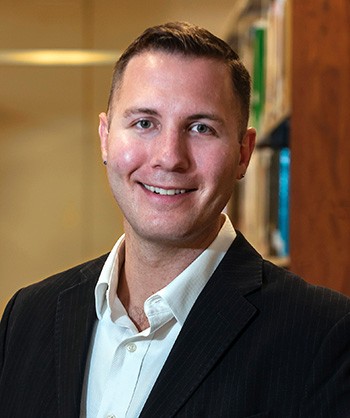
Cal Halvorsen
Assistant Professor Cal Halvorsen
Boston College School of Social Work
"I see colleges and universities paying more attention to the slow decline in postsecondary enrollment that began in 2010. With the total number of 18- to 24-year-olds in the U.S. projected to barely rise from now until 2030, institutions of higher education—including graduate schools—would be wise to look for ignored populations of potential students. One group to consider? People seeking new, 'encore' careers at and beyond midlife. With increasing longevity and low levels of retirement savings, many want or need to work longer than they had ever anticipated. Savvy schools will learn how to engage them."
University Communications | January 2020




